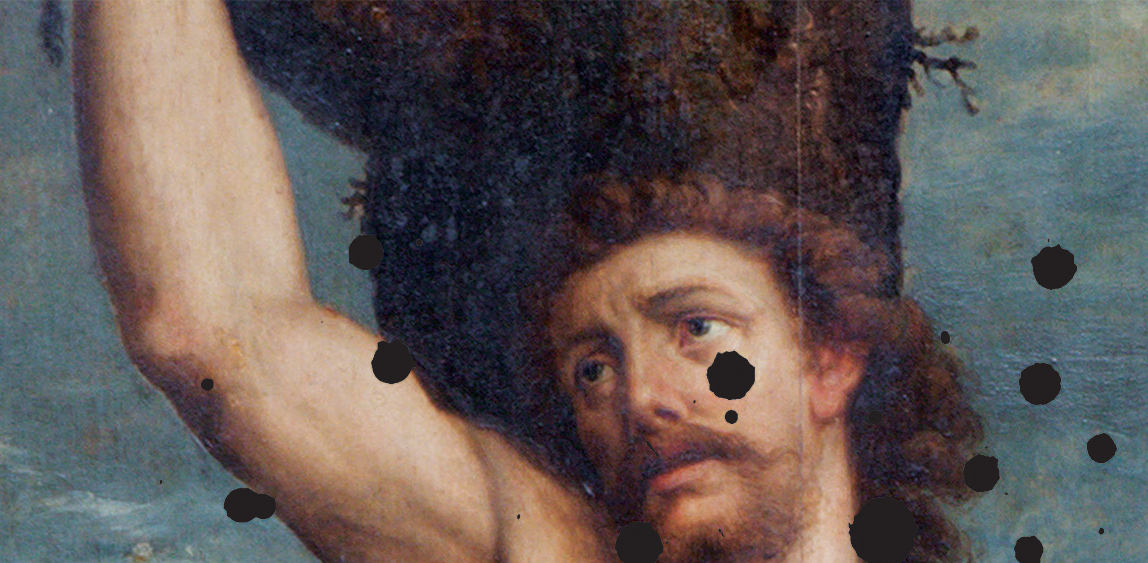About four months ago, I had a baby. Certainly this will not be the first time you hear that the experience of becoming a parent can come with a profound erosion of self, particularly if you’re the mother. But the weirdest part of that erosion for me has been my absolute failure to read. Since the birth of my daughter, despite the fact that I basically read for a living, I have been able to get through almost nothing. Not novels, not essays, not short stories. Not even poems. Instead, my free time is spent bathing, eating, and disinfecting small plastic items. I usually fall asleep at 9pm. Don’t ask me what time I wake up.
However! Recently, on a mild and sunny day, my daughter’s grandparents came over and took her for a walk. “Do something for yourself,” they said, and so I sat on the porch and began one of the books that I had … optimistically … ordered from Bookshop a few weeks before. It turned out to be exactly what I needed.
The book in question was Mark Haber’s Saint Sebastian’s Abyss, which was published by Coffee House Press this past May. First of all, it’s short—only 144 pages. Second of all, it is made up of 76 easily digestible little sections, most of which, as you will be able to intuit if you can do any amount of math, are only a page or two long. This is a form that I generally enjoy, but it was particularly gratifying in my current state. I made so much progress in only 20 minutes! It was affirming! It was satisfying! I could read one more section!
But that’s not really why I loved it so much. Physical virtues aside, this is a novel about obsession, and about the nature of art—the only two things that I truly feel are worth reading (or writing) about. Our narrator is en route to visit his onetime best friend and current bitter rival Schmidt on his deathbed in Berlin, having been summoned by a “relatively short” nine-page email, of which he has printed out three copies. In a purposefully, hilariously circuitous fashion, begins to describe their shared life and parallel careers, both centered on the discovery and criticism of a single painting by a previously unknown artist.
It’s very, very funny, especially if you are an artist, or if you know any. The barbs—which mostly come from Schmidt, and are mostly hurled toward things like America and modern art—are outlandish and glorious. But it’s not only a farce about ill-placed obsessions—this novel, short as it is, asks profound questions about the nature and value of art and art criticism, and also manages to be a moving account of a friendship. You know, the sorts of things I used to care about, in the Before Time! It made me snort into my enormous water bottle, and it also made me feel like myself again. (And yes—I finished it. Hooray for me.)
In summary: if you too are a lifelong literary snob who has recently become a mommy/walking supermarket/shush machine, and if you desperately need to reclaim your previous, uncute self, even for a few minutes at a time, whenever you can get them, Saint Sebastian’s Abyss is the book for you. Probably some other people will like it too, but I don’t have time for them right now.
